How Online Casinos Are Destroying People – Hidden Dangers of Digital Gambling
Discover how online casinos are destroying people’s mental health, finances, and relationships. Learn the hidden risks of digital gambling and how to protect yourself.
AWARENESSCASINO TIPS
9/12/20254 min read
Introduction
The internet has changed the way we live, shop, communicate, and entertain ourselves. Among its fastest-growing industries, online casinos stand out as both a booming business and a silent destroyer. The convenience of gambling from the comfort of home, flashy bonuses, and the promise of “easy wins” lure millions of people every day. But behind the glitz lies a dark reality — online casinos are destroying people financially, mentally, and emotionally.
In this blog, we’ll break down how online casinos affect individuals, the psychology behind why people get trapped, and the devastating real-life consequences of this digital addiction.
1. The Rise of Online Casinos
Twenty years ago, if someone wanted to gamble, they had to physically walk into a casino. The trip itself often acted as a barrier, preventing constant play. Now, with online casinos available on smartphones, tablets, and computers, gambling is just a click away.
Industry reports suggest that the global online gambling market is worth hundreds of billions of dollars. This number keeps growing every year, proving that casinos are profiting massively from human weakness. But while businesses celebrate profits, individuals and families often pay the price.
2. How Online Casinos Hook People
Online casinos aren’t built for fairness; they’re built for profit. They use psychological tricks and manipulative designs to keep players hooked. Some of the tactics include:
Endless Accessibility: Unlike physical casinos that close or require travel, online casinos are open 24/7.
Free Bonuses & Rewards: Offering “free” money or spins creates the illusion that the casino is generous, but these bonuses have hidden conditions.
Near-Miss Strategy: Slot games are designed to show near wins, tricking the brain into believing the player is “close to winning.”
Bright Colors & Sounds: The digital design mimics social media dopamine loops, making every spin addictive.
Essentially, online casinos manipulate psychology to keep users chasing losses, spending more money than they intended.
3. Financial Destruction
The most obvious way online casinos destroy people is financially. Players often start small, but losses pile up quickly. Unlike physical money, digital transactions make people feel less pain while spending, so losing thousands can feel like just numbers on a screen.
For many, gambling spirals into debt. Credit cards max out, personal loans pile up, and savings vanish. Some even resort to borrowing from friends, family, or dangerous loan sources, creating a cycle of financial destruction that is hard to break.
4. Mental Health Damage
The damage doesn’t stop at money. Gambling deeply affects mental health. The highs of winning and lows of losing create chemical imbalances in the brain. Over time, this constant stress and adrenaline rush lead to:
Anxiety and Depression
Sleeplessness
Irritability and Anger
Loss of Motivation for Work or Studies
Studies show gambling addiction activates the same brain areas as drugs and alcohol. The temporary pleasure of a win can push players into obsessive behavior, ignoring everything else in life.
5. Broken Relationships
Another hidden impact of online casinos is the toll they take on relationships. When someone is addicted to gambling, they often lie about losses, hide debts, or spend less time with family. Partners lose trust, parents lose faith, and friendships break apart.
Divorce rates among compulsive gamblers are significantly higher. Families face not only financial strain but also emotional neglect. Children in gambling-affected households grow up with stress, insecurity, and broken support systems.
6. The Illusion of “Skill” and Control
One reason people keep gambling is the belief they can “beat the system.” Online casinos feed this myth by offering strategy games like poker or blackjack. While a small percentage of skill exists, the house always has an edge.
Even when people win, it’s often temporary. Casinos design algorithms to ensure that, in the long run, the house never loses. Players chase wins, convinced they’re in control, but it’s only an illusion — the system is rigged against them.
7. The Role of Technology
Technology has amplified the destructive power of casinos. Mobile apps, push notifications, and targeted ads keep drawing players back. Artificial intelligence tracks user behavior to personalize offers, making it nearly impossible for gamblers to escape the trap.
Some casinos even use dark patterns — deceptive interface tricks like small print, endless “spin again” buttons, or making withdrawals deliberately difficult. The longer people play, the more they lose, and the more profit the casino makes.
8. Stories of Ruined Lives
Across the world, countless stories highlight the devastating effects of online casinos:
A young professional lost his entire salary within months and ended up in debt.
A homemaker secretly gambled away family savings, leading to divorce.
Students blew their tuition money chasing jackpots, ruining their education.
These are not isolated cases — they represent a growing pattern. The problem is so severe that many governments now classify gambling addiction as a public health crisis.
9. Why People Don’t Stop
The question arises: if online casinos are so destructive, why don’t people just stop? The answer lies in psychology. Gambling addiction is not a simple bad habit; it’s a compulsion driven by brain chemistry, similar to substance addiction.
The Dopamine Trap: Every small win releases dopamine, reinforcing the behavior.
Chasing Losses: Players believe the next spin will “fix” their losses.
Social Proof: Seeing others win (real or fake testimonials) makes gamblers believe they can win too.
Stopping requires strong willpower, support systems, and often professional help.
10. Government and Legal Responsibility
Many countries struggle to regulate online casinos. While some impose age restrictions and gambling limits, others allow unregulated platforms to thrive. In regions where laws are weak, people become easy prey.
Governments collect huge tax revenues from casinos, making them reluctant to shut the industry down. This raises the ethical question: should profit come at the expense of people’s lives?
11. The Future of Online Gambling
As technology advances, online gambling will likely grow even stronger. Virtual reality casinos, cryptocurrency betting, and AI-driven platforms will create new ways for people to get hooked. Unless awareness and strict regulation improve, more lives will be destroyed in silence.
12. How to Protect Yourself
While online casinos are powerful, individuals can still take steps to protect themselves:
Set strict limits on money and time spent online.
Avoid saving card details on gambling apps.
Seek professional counseling if gambling feels uncontrollable.
Block casino websites and apps using digital tools.
Talk openly with trusted friends or family about struggles.
Awareness is the first step. The more people understand how manipulative casinos are, the easier it becomes to resist them.
Conclusion
Online casinos are destroying people not only by draining their bank accounts but also by damaging their mental health, relationships, and futures. What looks like harmless entertainment is often a dangerous trap, built to exploit human psychology for profit.
The reality is clear: in the long run, the house always wins, and the players always lose. If society wants to prevent widespread damage, stronger awareness and regulation are urgently needed. Until then, individuals must protect themselves by recognizing the risks and staying away from the shiny but destructive world of online casinos.
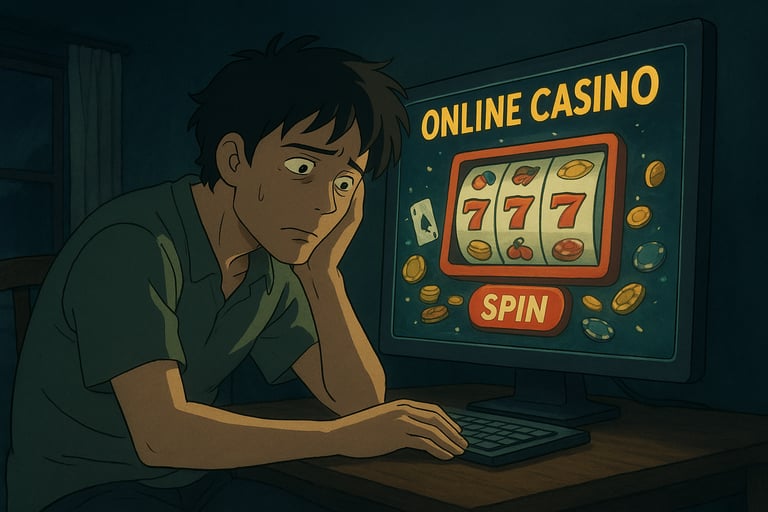

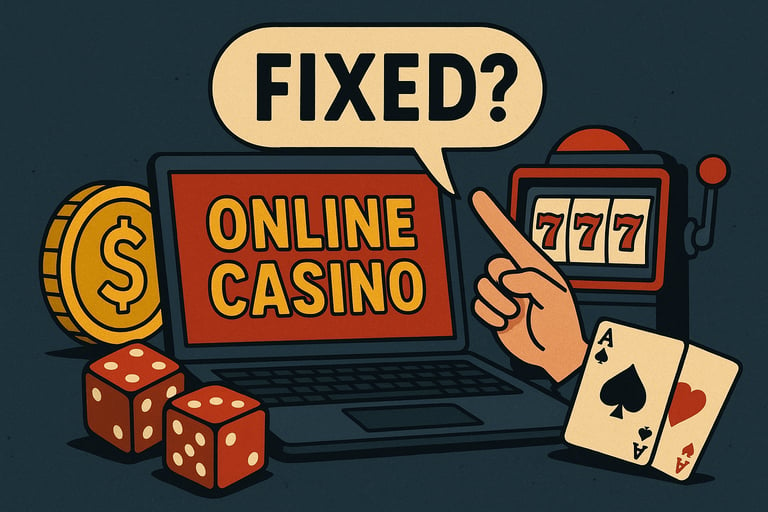





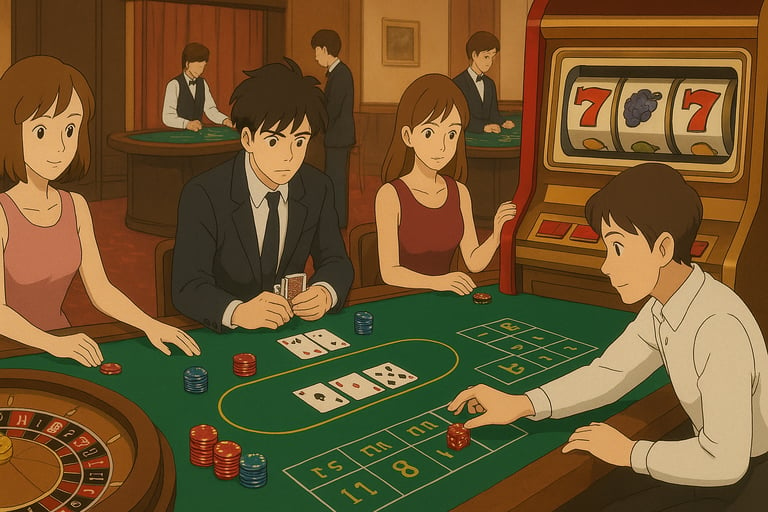

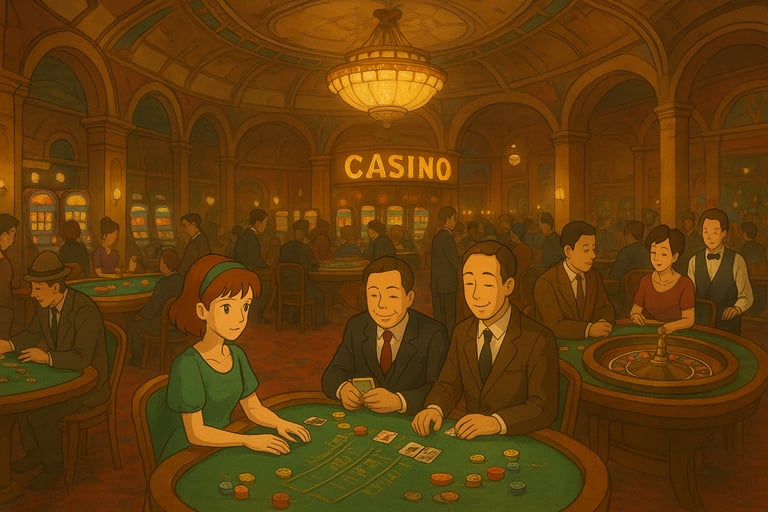



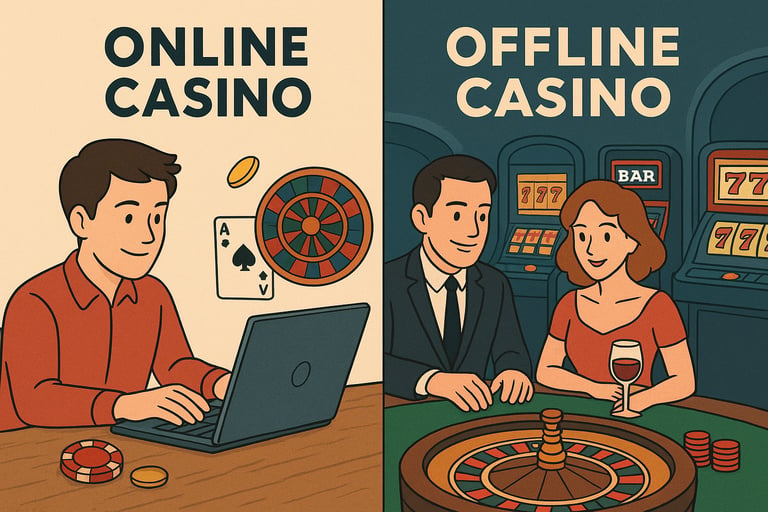

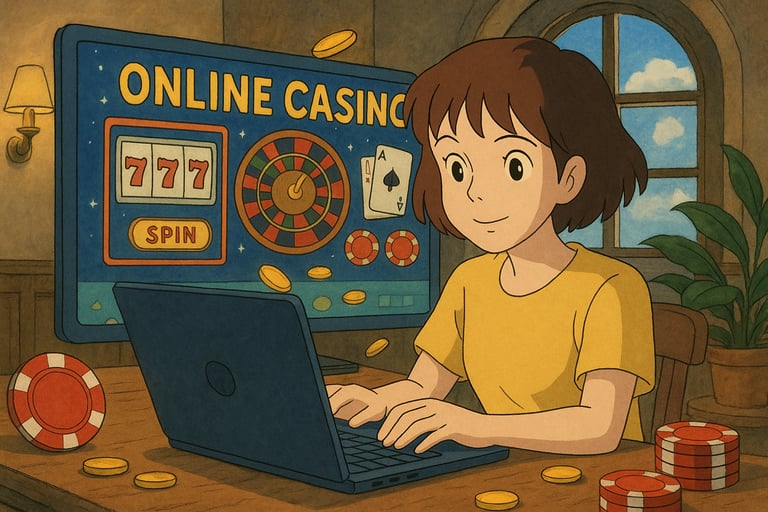

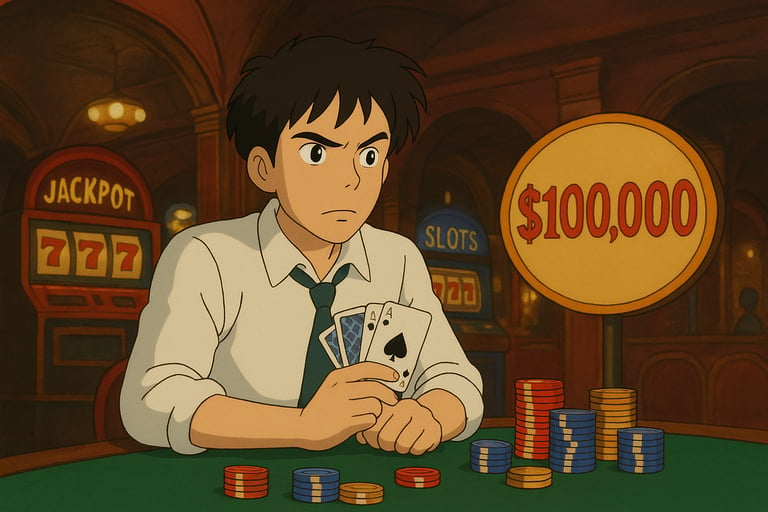

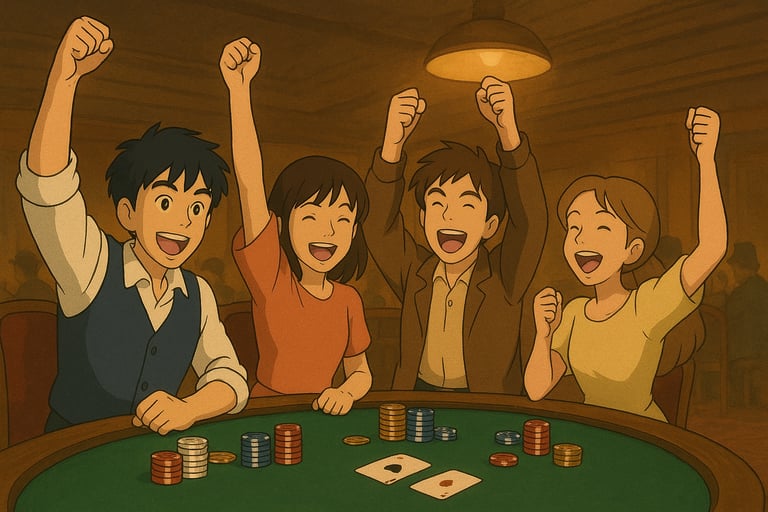



© 2026 All rights reserved.
Follow us
Quick Links


